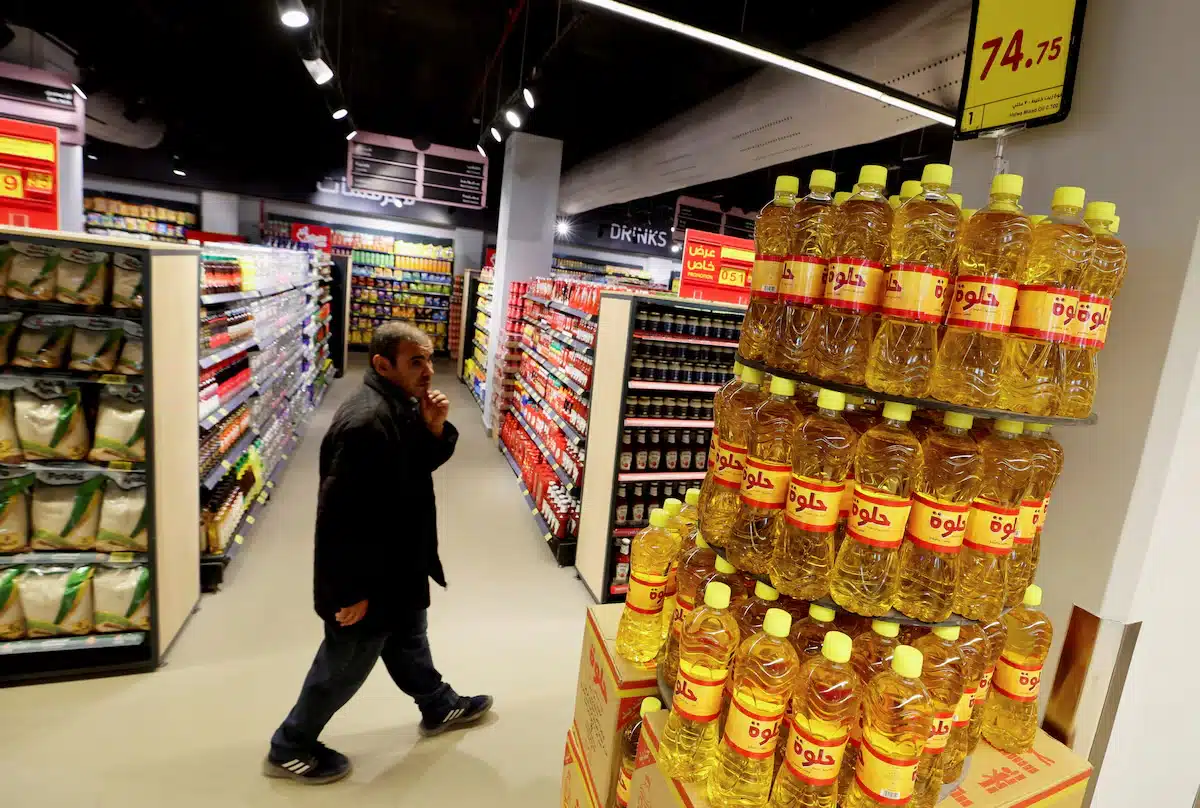Private sector activity in Kenya slumped to its lowest level in 11 months in June 2025, weighed down by weaker consumer demand, tough economic conditions, and operational disruptions caused by renewed protests, according to the latest Stanbic Bank Kenya Purchasing Managers’ Index (PMI).
The headline PMI fell for the second consecutive month, dropping to 48.6 in June from 49.6 in May. A reading above 50.0 signals an improvement in business conditions, while a figure below indicates a deterioration.
“Weaker conditions were primarily driven by a solid contraction in business activity,” the report noted. “The downturn was compounded by a steeper fall in new orders, with over one-third of surveyed businesses reporting reduced sales intakes, compared to only 20% noting an expansion.”
Firms cited difficult conditions for clients as the leading factor behind dwindling demand and declining new business.
The PMI, compiled by S&P Global, is based on responses from about 400 private-sector companies across key sectors including agriculture, manufacturing, services, construction, wholesale, and retail. The index is a weighted average of five components: new orders (30%), output (25%), employment (20%), suppliers’ delivery times (15%), and stock of purchases (10%).
Despite the downturn, the report highlighted rising optimism among Kenyan firms. Business confidence climbed to its highest level since May 2024, with 18% of respondents expecting to increase output in the coming year, driven by anticipated growth in sales and market expansion.
Business activity slows in Nigeria and South Africa
Kenya’s slump mirrored a broader regional trend, with business activity also slowing in Nigeria and South Africa during June.
In Nigeria, the PMI declined to 51.6 in June from 52.7 in May, indicating continued — albeit slower — expansion. The slowdown marked the second consecutive month of easing growth, largely due to a sharp contraction in manufacturing output.
“Output growth eased particularly sharply, slowing for the second month running to a seven-month low,” the Nigerian PMI report stated. However, new business continued to rise, albeit at the weakest pace in five months, supported by improved demand and new customer acquisition.
In South Africa, private sector conditions showed signs of strain, with the PMI barely above neutral at 50.1, down from 50.8 in May. Business confidence dropped to its lowest level in nearly four years.
“Output levels contracted in June, marking a reversal from May’s strong performance,” the report said. “The decline, though marginal, was the first in three months, with weakness evident across all sectors except services.”







